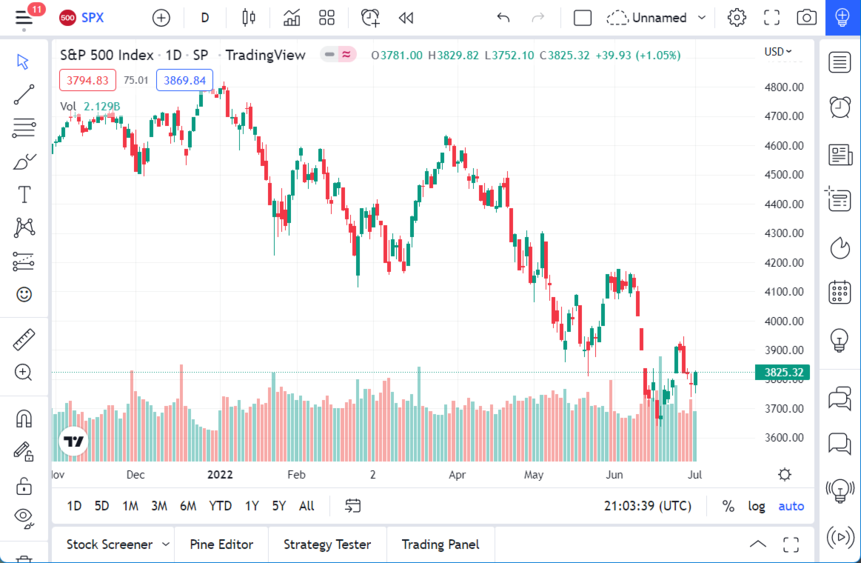[ad_1]
The British pound has fallen quite hard for a while, so do not be surprised to see a day or two of gains, followed by more of an unwind.
The British pound had a rather rough day on Friday, falling all the way down to the 1.20 level before bouncing 100 pips during the New York session. This ended up forming a massive hammer, suggesting that we have a bit of a fight on our hands. It’s not a huge surprise, as a lot of people who may have wanted to short this market took profit heading into the holiday weekend in America.
That being said, I do think that the 1.24 level is going to be difficult to break above. While the British pound is not necessarily the worst currency right now, the reality is that the Federal Reserve is much more aggressive than other central banks around the world. With that in mind, I think this is a market that will continue to be noisy, but eventually you should see a nice selling opportunity on higher moves. At the first sign of exhaustion, I would not hesitate to short this market, but I also recognize that you don’t want to get too aggressive with your position size.
Breaking down below the 1.20 level does suggest that we would see much more momentum to the downside, perhaps opening up a move down to the 1.18 level. After that, the British pound more likely than not starts to trade near the $1.15 level. This does make a certain amount of sense, especially if we go into a massive recession worldwide, because the US dollar will be the currency everybody wants to own. Beyond that, traders will start to look at the bond market and is a place to be, as they have to worry about liquidity.
It certainly looks as if the British pound will fare better against most currencies when it comes to relation to the US dollar, but that does not necessarily mean that it’s going to go higher. It just simply means that it will be “less bad.” Because of this, I’m looking for opportunities to sell this pair at the first sign of significant exhaustion, but truthfully I would feel much better about shorting a commodity currency against the greenback, such as the Australian dollar or New Zealand dollar. The British pound has fallen quite hard for a while, so do not be surprised to see a day or two of gains, followed by more of an unwind.

[ad_2]
